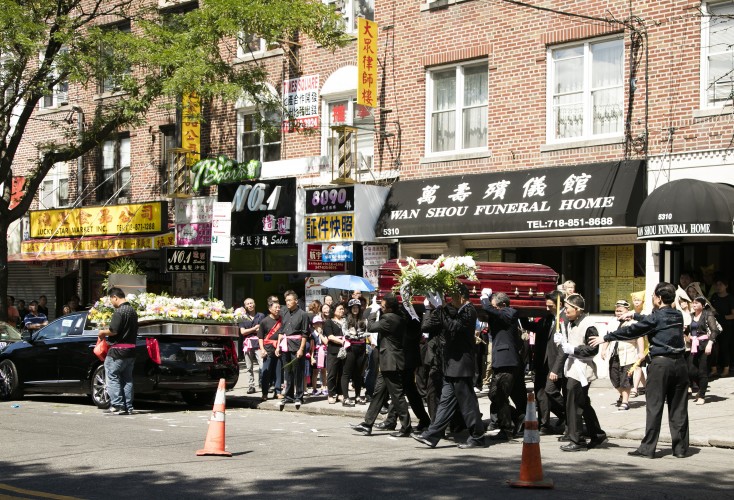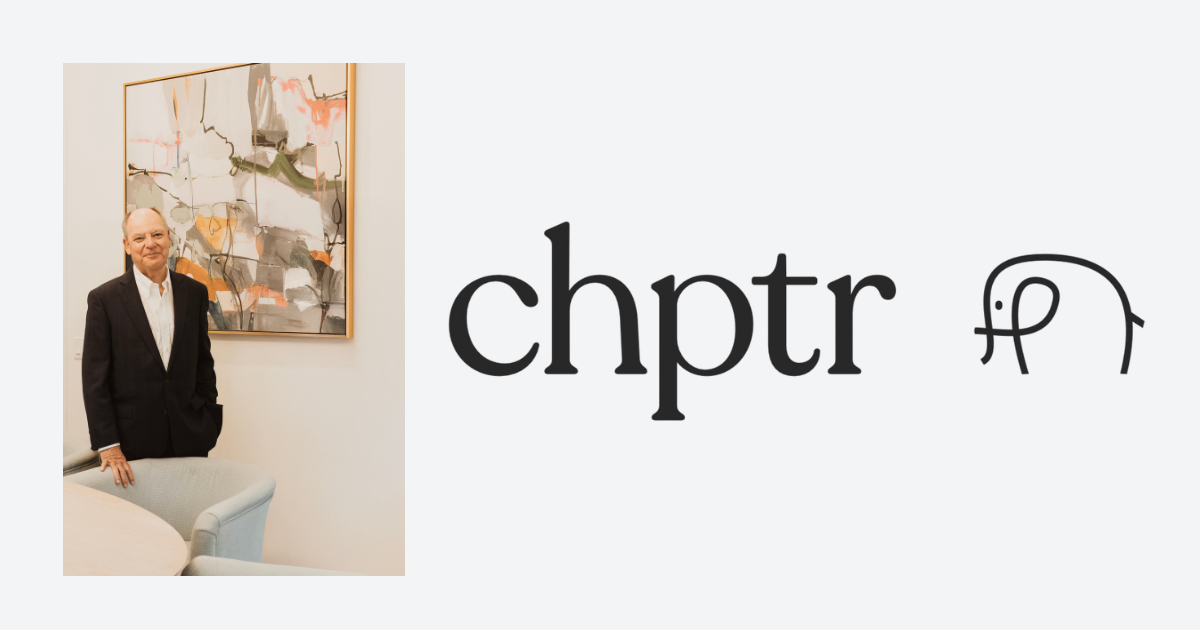The Funeral Industry is in a Death Spiral—Except For Owners Willing to Adapt to a New Generation of the Dead
The following is an excerpt from an article originally published by CrainsNewYork.com
Once seen as recession-proof, the funeral industry is in a death spiral—except for owners willing to adapt to a new generation of the dead.
After 40 years of working in Williamsburg, Keith Senko thought he’d heard and seen it all. He grew up in the family business, Senko Funeral Home, founded in 1928 on Bedford Avenue. He’d seen the neighborhood transform as Polish and Hispanic families gave way to rebel artists, hipster hordes and, now, creative yuppies. Bookings for Catholic wakes went down; requests for alternative ceremonies went up.
“I’ve done every kind of funeral under the sun: Wiccan, Apache, Blackfoot, Hindu, Buddhist—you name it,” said Senko, 58. But a couple of years ago, he got a call that surprised him. “They wanted to ‘check out’ our venue—I’d never heard that before,” he said. The caller said the deceased, a lifelong Manhattan resident, had been “extremely hip,” so the funeral needed to be as well.
“It had to be in Williamsburg, they said, because it had to be ‘on the cutting edge.’ That was a new one,” Senko recalled. “I told them we’ve been on the cutting edge for a hundred years.”
If Williamsburg were to become a hot funeral destination, Senko would be a chief beneficiary: He has the neighborhood’s last funeral parlor north of the Williamsburg Bridge. One by one, his competitors closed: Blizinzki Funeral Home on Metropolitan Avenue, Abramo’s on Humboldt Avenue, Polakas on Berry Street, Matthew Ballas on Grand Street and others since the 1990s.
A similar pattern has been playing out across the city. Over two decades, hundreds of funeral homes have shuttered, many of them multigeneration family businesses—neighborhood mainstays who could be counted on to remember old-timers’ nicknames or provide a steady presence to the grieving.
“It’s unbelievable what’s happened,” said Robert Ruggiero, executive director of the Metropolitan Funeral Directors Association, a local trade group. When he took office in 1990, the organization’s directory listed 841 funeral homes. Last year, his mailing list was down to 473, a 44% drop.
Ruggiero’s numbers reflect the city’s: Just 475 licensed funeral parlors were operating here in 2015, according to the state’s Department of Health.
Funeral homes are no longer recession-proof. The new challenge for funeral directors is figuring out how to serve changing customer needs and still make money.
The usual suspects
Why is death a dying business? Observers cite the familiar and oft-blamed culprit of gentrification, which drives up real estate prices until a funeral home’s property is more valuable than its business. Some recent examples: the 2014 sales of Michael Cosgrove & Son funeral home (established 1912) in Sunset Park for $2.125 million and Dominic J. Cusimano Court Street Funeral Home (established 1946) in Cobble Hill for $4.55 million. Last year, Ray Smith Funeral Home in Prospect Heights sold for $2.35 million and Marion Daniels & Sons in Harlem for $3 million. Most were sold to developers and will become new residential and retail buildings.
“Funeral homes are good for redevelopment and mixed use,” said Aaron Warkov, a real estate broker with Cushman & Wakefield who took an interest in funeral homes about three years ago. He calls about a dozen funeral directors periodically to test the waters. “They’re waiting to see if their nephews want to take over the business, or their grandson,” he said. He’s sold two funeral homes in Brooklyn so far.
Unlike entrepreneurs who thrive on selling their companies and starting new ones, funeral-home owners are often reluctant sellers.
“It’s a really painful decision for them,” said Melissa Drake, president and COO of American Funeral Consultants, which does business appraisals and sales of funeral homes. “But if you’re sitting on a property worth $5 million and you’re only doing 100 funerals a year, and your kids aren’t interested in the business and you need to think about retirement … it’s hard.”
Eye-popping price tags tell only part of the story. Funeral homes have been closing in less trendy neighborhoods too. “It’s not one thing; everything’s changing,” Ruggiero said.
The death-care industry is going through major shifts nationwide as customs evolve. Families are more spread out, so multiday wakes are less common. Cremation, which costs half what traditional services do, is becoming more popular. Consolidation by large conglomerates—Service Corp. International operates 36 funeral homes in the five boroughs—has further pressured independent operators.
CLICK HERE TO READ FULL ARTICLE
Photo: Buck Ennis – MARCHING ON: A Chinese family begins a funeral procession from Wan Shou Funeral Home. Brooklyn’s burial businesses have needed to adapt to the burial rites of new populations—or die.




